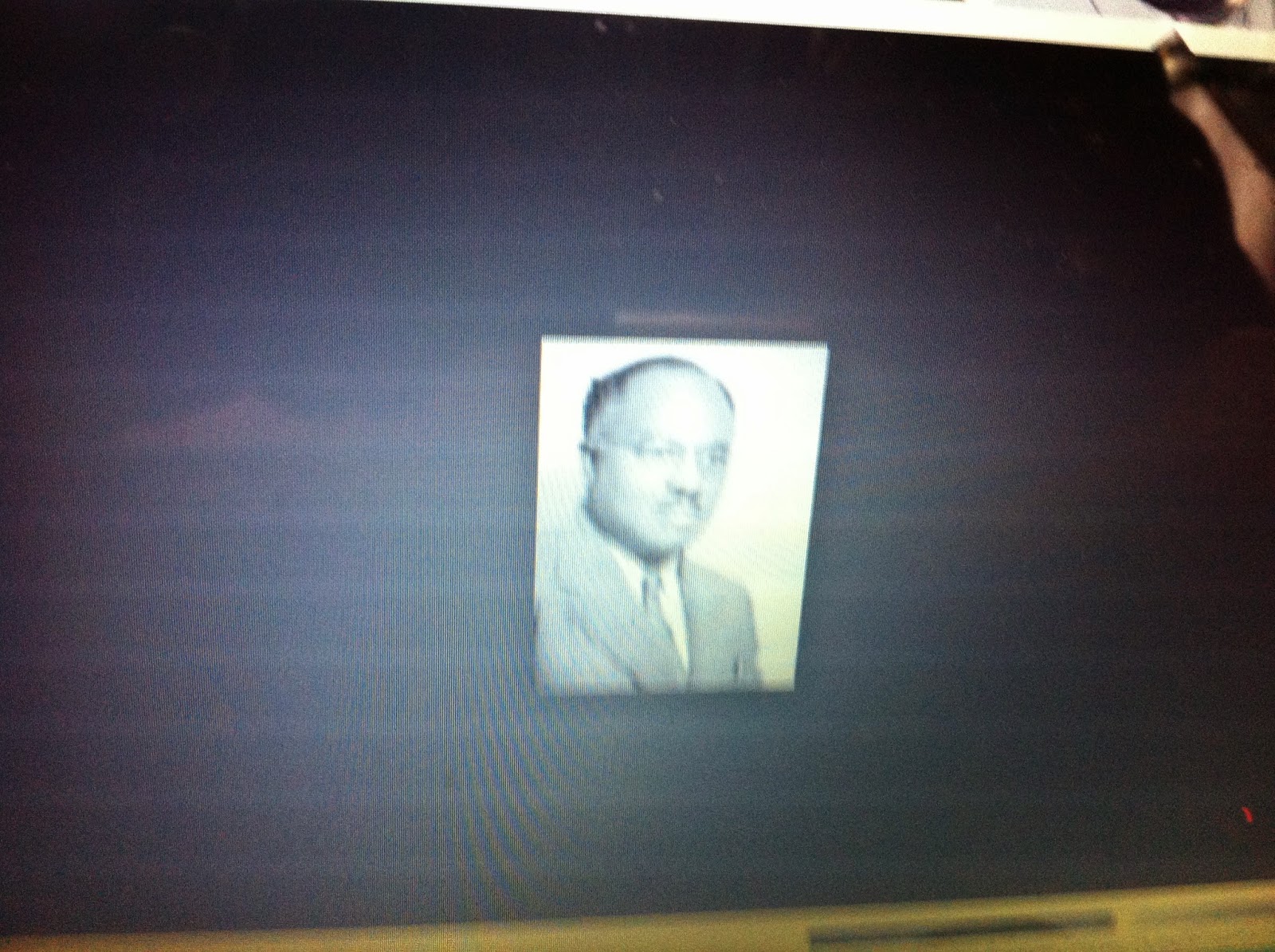BLACK SOCIAL HISTORY
E. Franklin Frazier
Edward Franklin Frazier (/ˈfreɪʒər/; September 24, 1894 – May 17, 1962), was an American sociologist and author. His 1932 Ph.D. dissertation titled The Negro Family in Chicago, later released in book form as The Negro Family in the United States, in 1939, analyzed the historical forces that influenced the development of the African-American family from the time ofslavery to the mid-1930s. The book was awarded the 1940 Anisfield-Wolf Book Award for the most significant work in the field of race relations. It was among the first sociological works on blacks researched and written by a black person. Frazier helped draft the UNESCO statement The Race Question in 1950.
Biography
Frazier was one of five children of James H. Frazier, a bank messenger, and Mary Clark Frazier, a housewife. He attended the Baltimore public schools. Upon his graduation in 1912 from the Colored High and Training School in Baltimore (renamed in 1923 Frederick Douglass High School), Frazier was awarded the school's annual scholarship to Howard University, from which he graduated in 1916 with honors. Frazier was a top scholar, pursuing Latin, Greek, German and mathematics. He also participated in extracurricular activities including drama, political science, the National Association for the Advancement of Colored People (NAACP) and the Intercollegiate Socialist Society. His leadership skills were evidenced in his election as class president in both 1915 and 1916.
Following graduation from Howard, Frazier attended Clark University in Worcester, Massachusetts, where he earned a master's degree in 1920.[citation needed] The topic of his thesis was "New Currents of Thought Among the Colored People of America." It was during his time at Clark that Frazier first became acquainted with sociology.
Frazier taught sociology at Morehouse College, a historically black institution in Atlanta where he organized the Atlanta University School of Social Work. With the controversy surrounding the publication (1927) of Frazier’s article titled "The Pathology of Race Prejudice" in Forum, he was forced by a white mob to leave Morehouse. He moved from Atlanta to Chicago where he received a fellowship from the University of Chicago's sociology department. His studies at Chicago culminated in his earning a Ph.D. in 1931.[citation needed]
Frazier taught at Fisk University from 1929 to 1934 and Howard University from 1934 until his death in 1962.
In his research and writing, Frazier adopted an approach that examined economic, political and attitudinal factors that shape the systems of social relationships. He continually pressed to find the "social reality" in any context he investigated. Frazier's position emphasized African American cultural inventions as a process of accommodation to new conditions in the Americas. Frazier's Black Bourgeoisie, the 1957 translation of a work first published in French in 1955, was a critical examination of the adoption by middle-class African Americans of a subservient conservatism.[citation needed]
Frazier published 8 books, 89 articles and 18 chapters in books edited by others.[citation needed]
Frazier died on May 17, 1962, age 67, in Washington, D.C. He has been ranked among the top African Americans for his influence on institutions and practices to accept the demands by African Americans for economic, political and social equality in American life.
Some of Frazier's writings caused controversy among the black community for their focus on the impact of slavery[1] and how it divided the black family. His support for African-American civil rights during the McCarthy era and his membership of the Council on African Affairs[2] resulted in his being acknowledged not for his brilliant work in sociology, but as a traitor.[citation needed]
Published works
- The Free Negro Family: a Study of Family Origins Before the Civil War (Nashville: Fisk University Press, 1932)
- The Negro Family in Chicago (Chicago: University of Chicago Press, 1932)
- The Negro Family in the United States (Chicago: University of Chicago Press, 1939)
- Negro Youth at the Crossways: Their Personality Development in the Middle States (Washington, D.C.: American Council on Education, 1940)
- The Negro Family in Bahia, Brazil (1942)
- The Negro in the United States (New York: Macmillan, 1949)
- The Integration of the Negro into American Society (editor) (Washington, D.C.: Howard University Press, 1951.
- Bourgeoisie noire (Paris: Plon, 1955)
- Black Bourgeoisie (translation of Bourgeoisie noire)(Glencoe, IL: Free Press, 1957)
- Race and Culture Contacts in the Modern World (New York: Knopf, 1957)
- The Negro Church in America (New York: Schocken Books, 1963)
- On Race Relations: Selected Writings, edited and with an introduction by G. Franklin Edwards, (Chicago: University of Chicago Press, 1968)





































































No comments:
Post a Comment